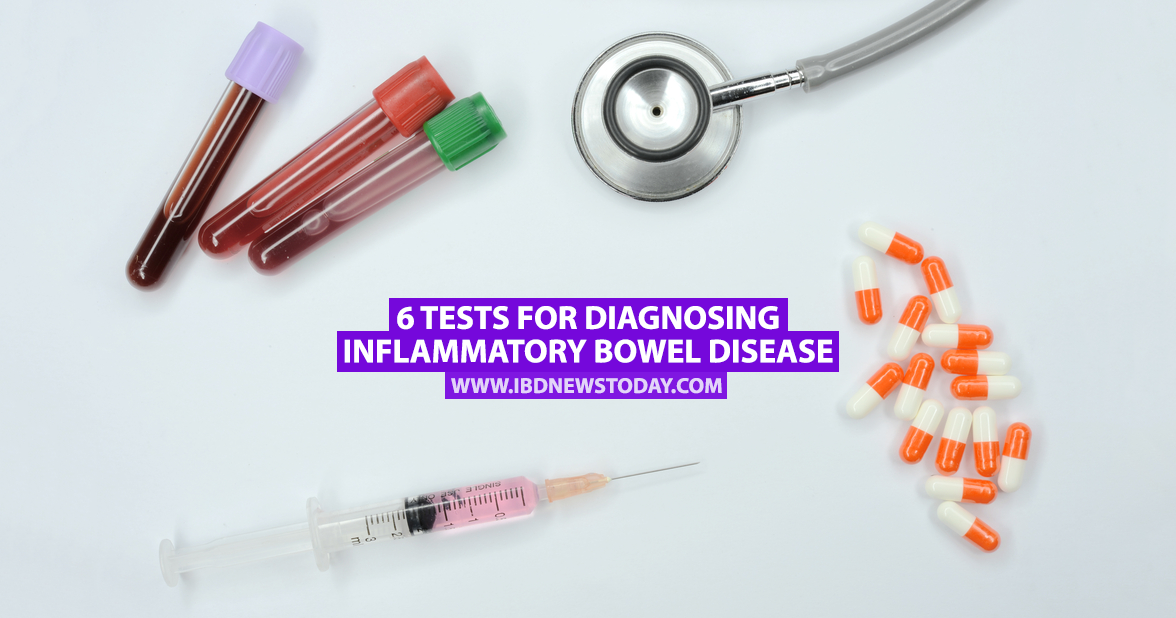Inflammatory bowel disease (IBD) is a term used to describe two different conditions: ulcerative colitis and Crohn’s disease. Although there is a lot of information available about these conditions, diagnosing inflammatory bowel disease is a complex procedure involving several different tests.
MORE: Eight different signs and symptoms of IBD you might want to know about
Here are some tests that may be needed to diagnose IBD:
- Blood cell counts: Complete blood count and white blood cell counts are used to diagnose IBD. In addition, the detection of C-reactive protein in blood and the evaluation of the erythrocyte sedimentation rate can help to determine the rates of inflammation and infection in the patient.
- Vitamin levels: Vitamin B12 levels and folate levels could indicate gastrointestinal malabsorption and bowel disease.
- Stool tests and cultures: Fecal calciprotein is used as a non-invasive marker of intestinal inflammation in patients with IBD. Stool samples need to be cultured to check for bacterial and protozoal infections.
- Serologic: Serologic testing is used to measure antibodies in the blood serum for inflammatory bowel diseases.
- Imaging techniques: Radiographic, CT, and MRI scans can all be used to diagnose IBD — especially to determine if a patient has ulcerative colitis or Crohn’s disease.
- Invasive techniques: Biopsies and the study of tissue specimens may be used for severe cases of IBD.
MORE: Four lifestyle changes to consider making if you have inflammatory bowel disease
IBD News Today is strictly a news and information website about the disease. It does not provide medical advice, diagnosis or treatment. This content is not intended to be a substitute for professional medical advice, diagnosis, or treatment. Always seek the advice of your physician or another qualified health provider with any questions you may have regarding a medical condition. Never disregard professional medical advice or delay in seeking it because of something you have read on this website.


Great information for patients. There is a new RNA blood test, not mentioned, that was developed leveraging more than 12 years of research at Vanderbilt University and IQuity, Inc. in Nashville. The test is now available for use by providers. This CLIA validated test is greater than 90% accurate at the earliest onset of symptoms.